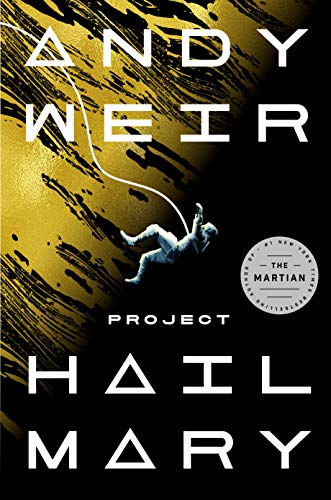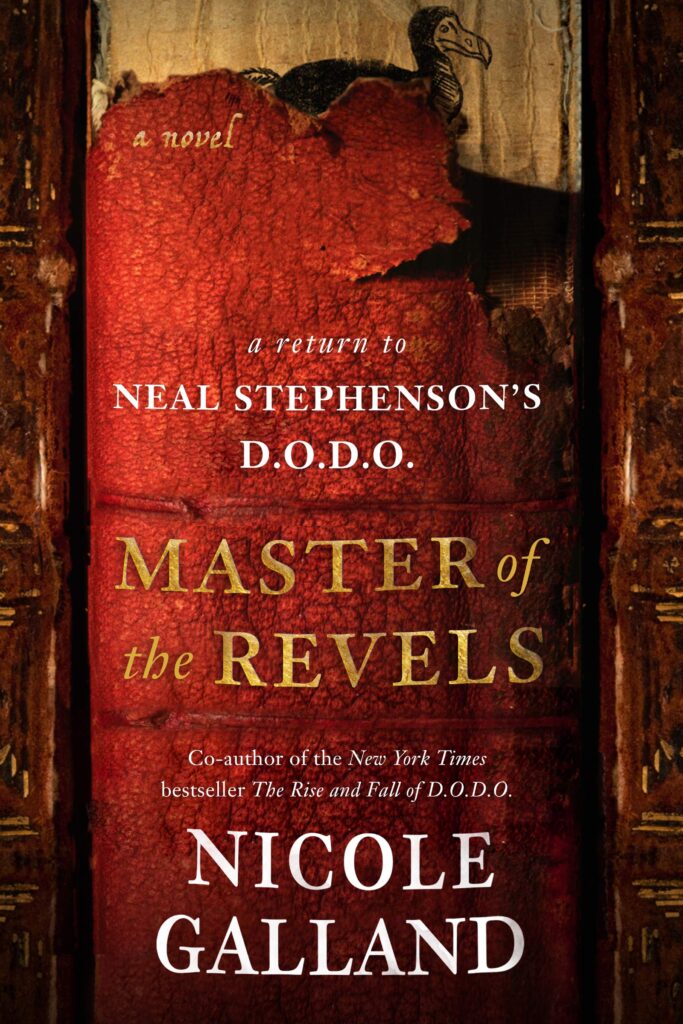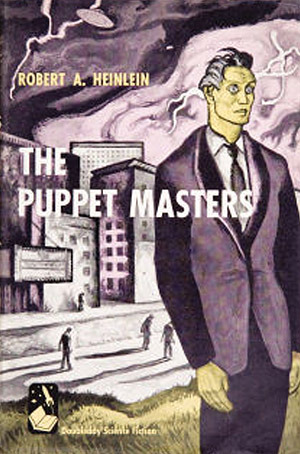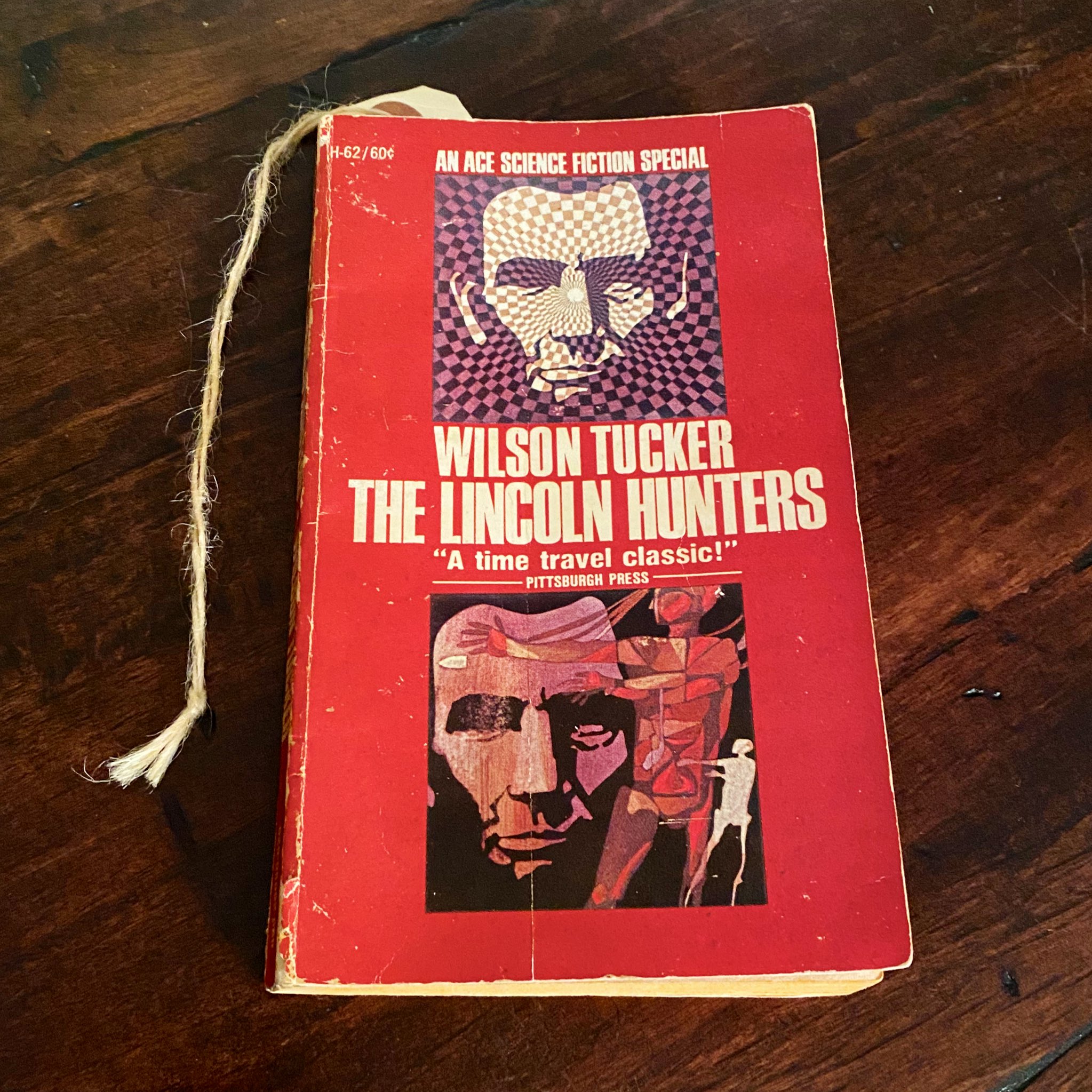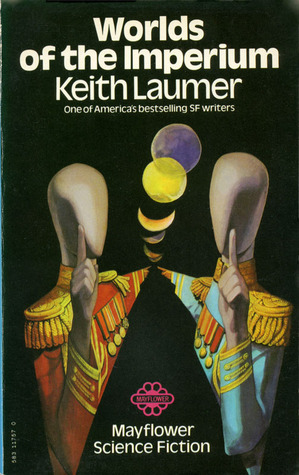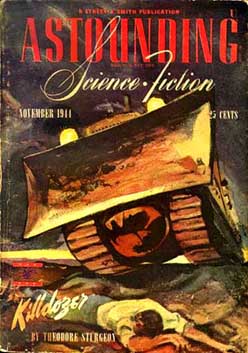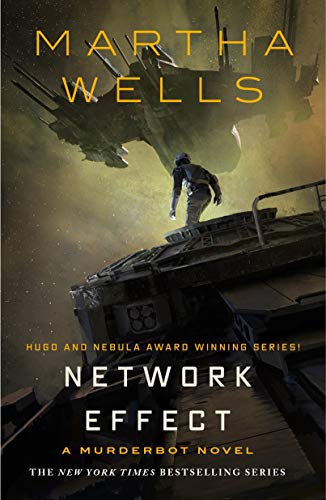I’ve been reading a lot of MilSF (that’s “Military Science Fiction” for you normals) lately. I’m far from an expert in the sub-genre, but I enjoy dipping into it from time to time. It just so happens that I’ve been dunked further than normal in the past few months, so here goes:
On Basilisk Station by David Weber – The first in the long running series featuring Honor Harrington, an officer of the Royal Manticorian Navy and ice queen extraordinaire. Having pissed off a superior officer, she gets posted to a backwoods star system. Low on resources but high on tactical awareness, Harrington must deal with drug-addled alien aboriginals, smugglers, corruption and oh yeah, this out-of-the-way locale is about to become a flashpoint for interstellar war.
There’s nothing especially surprising about the story, but it’s competent and entertaining. Weber isn’t exactly a prose stylist, but he knows his physics and military tactics. While there are occasional info-dumps (par for the SF course), he’s able to employ all this well enough. You’ve seen the setup before, but it’s always fun to see someone beat the odds and succeed when they’re being (unfairly) set up to fail. Truth be told, I’m more likely to go back and read more Horatio Hornblower (to which the Honorverse and seemingly a dozen other SF franchises are deeply indebted) than I am to explore more of this series, but I’m not, like opposed to it either.
The Light Brigade by Kameron Hurley – In this Hugo finalist, Dietz joins the war against Mars as a member of the infantry. Since traveling to another planet to wage war is time-consuming and costly, scientists have figured out a way to convert soldiers to electromagnetic energy so they can be transmitted to the battlefield at the speed of light. But something goes wrong with Dietz, and she’s experiencing her combat drops out of order. Can she retain her sanity and figure out what’s really going on with the war?
With this novel, Hurley is clearly attempting to enter the conversation that started with Heinlein’s Starship Troopers and continued in Haldeman’s The Forever War (amongst other classics of MilSF over the intervening decades), but I don’t find it entirely successful on that front. Granted, I’ve never been a big fan of Starship Troopers, but for all its faults, it did pretty much single-handedly invent the sub-genre. Unfortunately, what Hurley seems to have glommed onto are the lectures (from a structure standpoint; clearly not a content standpoint). This is pretty much everyone’s least favorite part of Starship Troopers. Basically, Hurley takes Starship Troopers, scribbles “Capitalism Bad!” over the lecture sequences, and then biffs the military stuff, because who cares about that?
Look, I’ve never served in the military and am far from an expert, but I found myself nitpicking almost everything having to do with the military in this book. There are so many things that are just outright wrong here (basic stuff like what marksmanship is or how ranks work) that it’s hard to believe that Hurley cares one whit about the subject, except insofar as she can use it to denounce capitalism. Blatantly, in long, lecturing speeches.
It’s implied that the Martians have become so technologically advanced because they’re communists, but we never really see them. If you’re going to insist that communism will finally be made workable in the future world you’ve built, you should probably give some indication of how that happened, seeing as though it doesn’t have a particularly great track record here in the present and recent past. For example, Ian M. Banks’ Marxist paradise, The Culture, at least has some justification in the form of hyper-advanced AI Minds (I’m not entirely sure I buy it, but hey, at least he’s trying!)
Look, I’m not saying the complaints about capitalism are necessarily wrong, and the book does capture timely political ideas in a compelling way. The notion of putting conditions on citizenship (a clear lift from Heinlein, but still quite relevant) or the corporatization of government or the way media and propaganda can be leveraged by the malicious are all subjects worth exploring, especially in this day and age. It’s good that the book tackles these subjects! But it would be nice if there was some sort of path out of the hell Hurley creates other than just whining about it all. I’m not asking for much here. Even some form of handwavey magic would do the trick, but this book can’t even be bothered to go that far. At best, this makes the book’s ideas a “preaching to the choir” situation.
Alright, I’m being hard on this novel and I think it’s clear that I didn’t love it, but I do actually think it does some things well. As bad as a lot of the military mistakes are, Hurley does nail the interpersonal interactions of military service. Again, not an expert, but the relationships between the characters feel realistic and authentic. Likewise, while the transportation method of “light” is basically nonsense, the non-linear narrative that emerges is actually quite well done (a good example of handwavey magic getting the job done). I’m a sucker for time travel stories and this puts a nice spin on well worn ideas. It’s not quite the mindfuck that some seem to believe and the “twists” that happen aren’t very surprising, but it lends some weight to the proceedings. I don’t know, if you’re part of the choir that Hurley is preaching to, this probably works like gangbusters. Alas, I’m not singing in that choir.
The Lost Fleet Series, by Jack Campbell – I actually read the first book of this series, Dauntless, around two years ago. In that short review, I mentioned that I would probably pick up the second book at some point, and I finally got around to it. Then I got hooked, and read the remaining four books. To recap:
Captain John “Black Jack” Geary is a legendary war hero presumed lost in the early days of a war between the Alliance and the Syndics. The war isn’t going particularly well for the Alliance when they miraculously discover Geary, who survived in hibernation. Geary is shocked to learn that he’s revered as a hero, but resolves to do his duty, whip his fleet into shape, and dodge the onslaught of Syndics coming his way.
The first five books or so of the series basically consist of a “Long Retreat” through Syndic space, with the last book being a sorta return offensive (being a little vague here, so as to not spoil anything). At the macro level, this can get a bit repetitive, but if you go in for this sort of thing, it’s well executed and entertaining. Each novel basically consists of a few large engagements with the enemy coupled with some interpersonal relationships and fleet politics.
The military engagements lean more towards the thrilling and entertaining side than, say, the aforementioned On Basilisk Station, but author Jack Campbell does a good job establishing the parameters of how the military operates in space, and then abiding by them. Campbell is basically taking naval warfare and adapting it to space with minimal concessions to physics. He does take full advantage of the three dimensional space and acknowledges the difficulties of fighting whilst moving at relativistic speeds, but I’m sure there are plenty of nits to be picked with the way Campbell portrays combat in these novels.
That being said, Campbell manages to make each battle interesting by switching up tactics or devising new wrinkles within the system he’s set up. Sometimes combat is shaped by devious Syndic tactics, other times it’s driven by the need to feed the fleet’s auxiliary ships (which refine fuel and manufacture parts and munitions), and then some battles are avoided entirely. At one point, there’s even a ground action with orbital support. Your mileage may vary, but the need for each fight is well established, the goals are often different from one engagement to another, and the progress of each battle is well portrayed and entertaining. At the macro level, this might seem repetitive, but there’s a lot of variety in the specifics of each engagement.
I’m not entirely sure how this war could possibly last for over a century, especially given the way people and equipment are so frequently destroyed, but the series is action packed and well executed enough that this becomes a minor complaint. Campbell gets enough stuff right that I didn’t find myself nitpicking or dwelling on things I didn’t love.
The interpersonal relationships are perhaps a little less successful. Here, the repetition does become a bit stilted. In particular, a sorta love triangle develops between three main characters that works well enough to start, but eventually just keeps spinning its wheels. It’s not strictly bad, it’s just not as well varied as the military side of things.
Similarly, the fleet politics bits are quite pronounced at first, and represent a true and interesting threat to Geary’s command. Geary’s whole strategy revolves around a return to more traditional tactics and practices, which a lot of officers in the fleet disagree with, at least initially. Even as he gradually wins over most of the fleet, there are those that are scheming behind his back, and just when this fleet politics stuff starts to get a little too redundant, Campbell turns the tables in an interesting way in the later books.
Along the way, we’re treated to some other SF staples. Naturally, there’s an alien presence that’s been manipulating the war for a century or so, but they can only really be inferred from the evidence on hand. As the series progresses, that inference becomes a little more solid.
There are a few interesting bits about how Geary’s style is so different that it actually impacts the way the military software works. Rudimentary AI has been trained over a century on tactics that Geary is now trying to upend. This has unintentional consequences that are well played by Campbell.
One of the funny things about reading this series in proximity to The Light Brigade is that Campbell actually touches on many of the same themes. The Syndics are a hyper-capitalist society. They don’t have presidents or admirals or generals, they have CEOs. And they are clearly the villains. But Campbell doesn’t lecture, he just shows the logical, rational end point of some more extreme business-like behavior. I won’t claim that these are “important” novels, but I found it ironic that this series made me think about the same ideas while also being entertaining and well constructed.
I don’t think that Campbell is breaking any new ground here, but it’s very well executed and competent stuff. Well worth checking out if you’re in the mood for some MilSF.
